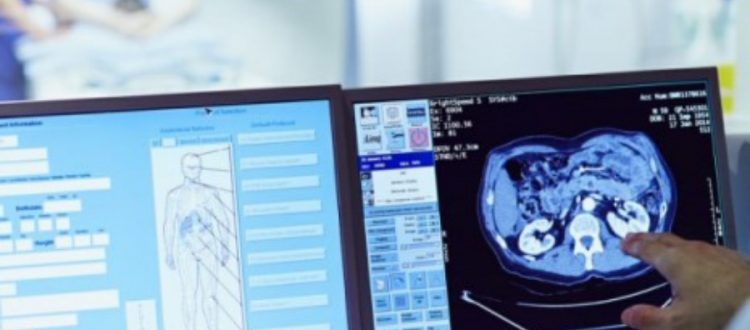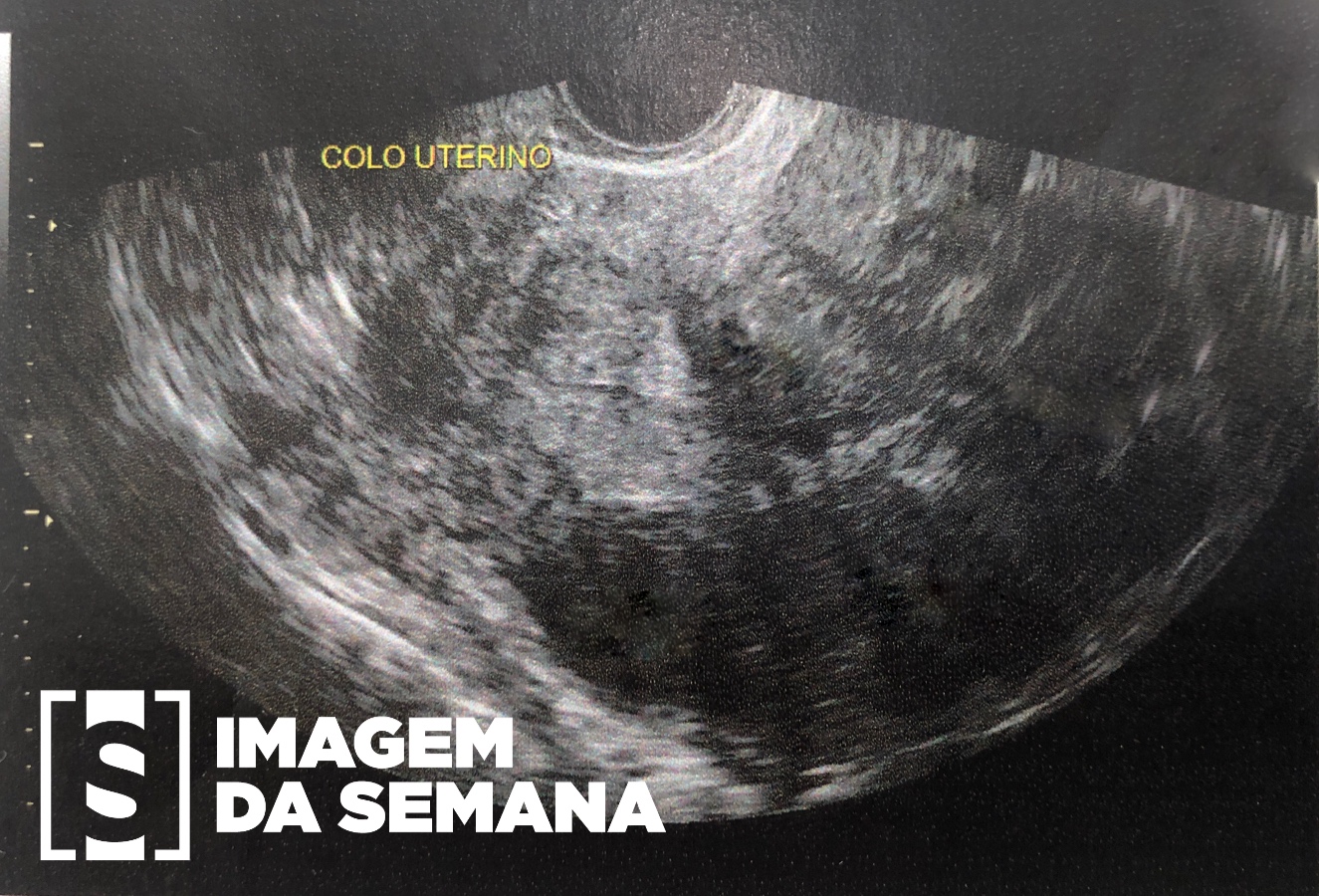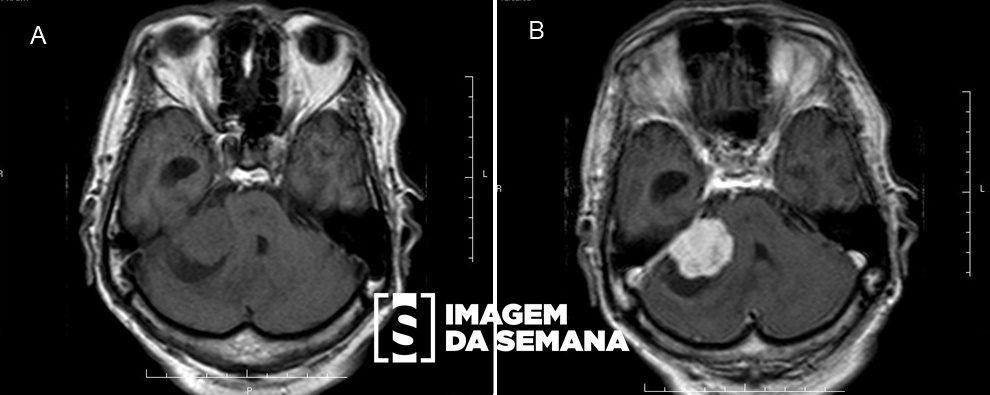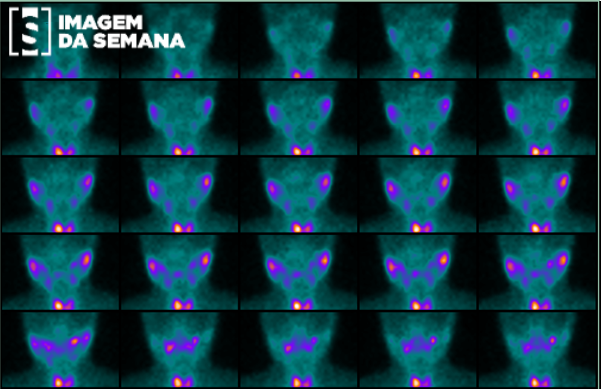Survey reveals that only 15% of Brazilian cities have CT scanners
In research, Technologist in Radiology highlights that only 15% of Brazilian cities have CT scanners.
“Our goal is to contribute in some way to public health in Brazil”. It is with these words that the researcher and technologist in Radiology, Ezequiel Núbio Lucas Pereira, defines the importance of science in the area of Radiology. His research even reinforces the role of heroes and heroines in the fight against COVID-19.
Author of the study “Analysis of the Spatial Distribution of Tomographs in Brazil in Times of Pandemic”, the professor at the Unified Teaching Center of the Federal District (UDF) explains that the chest computed tomography (CT) images have played an important role in the context to save lives.
“Only research aimed at the number of ICU beds and respirators was seen in the media. Then, attention turned to the amount of rapid tests. Then they started to discuss the ideal number of vaccines. Until then, we had no study on the distribution of CT scanners. Unfortunately, we noticed a poor distribution of the equipment ”, explains the specialist.
According to the study, the results show that in Brazil, between February and June 2020, the monthly outpatient production of chest CT exams more than doubled. However, only 15.7% of Brazilian municipalities have CT scanners. Of the 4944 devices in Brazil, 2553 are available at SUS. Although the national average is 1.21 tomograph for each 100,000 inhabitants, it is observed that in several states the rate is well below this value, thus demonstrating a great imbalance in the distribution of this equipment throughout the national territory.
“We know that Brazil is a continental country and that there are many challenges. However, we need a more efficient management of health technologies, so that the population has access to more specialized tests. It is worth mentioning that many Brazilians are unable to pay for a CT scan, which makes the need to reevaluate the distribution of equipment even more evident ”, concludes Ezequiel.
Responsible for the National Education Coordination of the National Council of Technicians and Technologists in Radiology (CONTER), the federal councilor TR. Sílvia Karina Lopes da Silva reinforces that the study is yet another example of how professionals in radiological techniques are present in all stages of coping with the disease.




